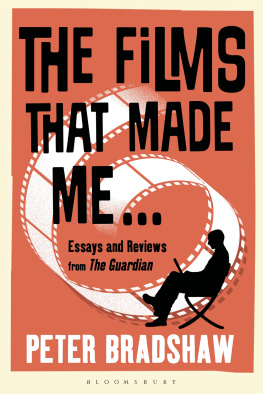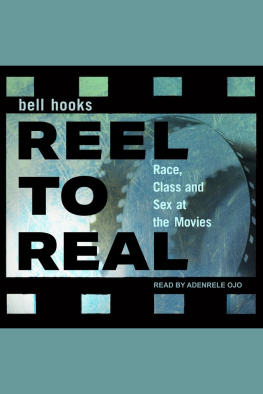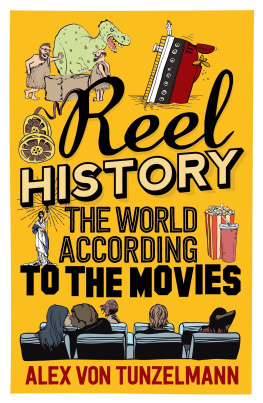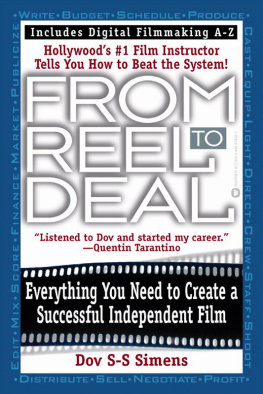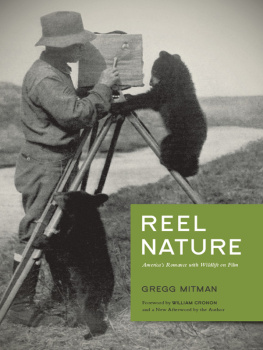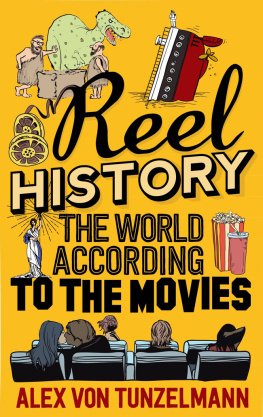Brian McFarlane
has had overlapping careers as secondary-school teacher, academic and writer. He is now Adjunct Associate Professor attached to the English Department of Monash University where he taught for many years, and was Visiting Professor (Film) at the University of Hull, UK. His books include Words and Images: Australian Novels into Film, New Australian Cinema: Sources and Parallels in American and British Film, An Autobiography of British Cinema, The Oxford Companion to Australian Film (co-edited), The Encyclopedia of British Film, The British "B" Film (co-authored), and he is a frequent reviewer for The Age, The Australian Book Review, Metro and Sight and Sound. He lives in Melbourne with Geraldine, his wife of fifty years, has three children and six grandchildren.
From a little before ten years of age, Brian McFarlane became addicted to stories told on the screen and the mere fact that he had difficulty in getting to see the films he wanted - or any for that matter - only made them seem more alluring. But it wasn't just seeing the films that mattered; he also wanted, and quite soon needed, to be writing about them and these obsessions have been part of his life for the next sixty-odd years. Real and Reel is a light-hearted, ironic account of a lifetime's addiction. It is one person's story, but it may strike familiar sparks among many others. Though there have been plenty of other interests to keep life lively, nothing else has exerted such a long-standing grip on the author's imagination as film.
Acknowledgements
My thanks are due to friends who have read parts of this book at various stages of its lengthy gestation and for their encouraging comments. They include: Margaret Barker, Elisa Berg, Ian Britain, Jonathan Croall, Gavan Daws, Kevin Foster, Melinda Hildebrandt, John Johnson, Pauline Nestor, Brenda Niall, Neil Sinyard, Andrew Spicer and Jason Steger. I thank Jan Fox for access to John's letters, Tarquin Olivier, Steve Chibnall and Wendy Driscoll for help with photographs, the University of Melbourne Special Collections for images from issues of Farrago, and the Nhill Historical Society for enabling me to check back issues of the local paper and for photographic assistance. I am grateful too to the editors of Australian Book Review, Meanjin and Metro (ATOM), and Methuen (UK) for permission to reprint extracts. I also thank Kerry Collison, publisher at Sid Harta Publishers, Melbourne, editor Orme Harris, for her vigilance, and Chameleon Print Design for type-setting and cover design, and Matthew Frost, publisher at Manchester University Press, UK. Above all, in putting these recollections together, I am indebted mainly to my wife, Geraldine (aka Gerie), who kept persuading me to keep at the work. I think she was perhaps looking for explanations for why household chores so often seem to have had a low priority. And I must also thank my children, Duncan, Susannah and Sophie, for the many hours they spent in cinemas in their formative years when I probably should have been teaching them valuable skills. This book is dedicated with love to them all, to my sister Margaret, and to my children's families, including grandchildren who've looked to me for guidance in movie-going if not to more character-building pursuits. Melbourne, 2010.

I started writing film criticism when I was ten, mainly about films I hadn't seen, but I couldn't let that stand in my way. It wasn't my fault that I didn't see all the films I wanted to see, or, in fact, that I saw hardly any films at all. Further, I was writing for an uncritical audience of one: myself. Sadly - or, perhaps, happily -these juvenilia have not been preserved, but I do remember one telling judgement. Writing of National Velvet (unseen) and, knowing that Anne Revere (playing Elizabeth Taylor's mother) had won a Best Supporting Actress Oscar, I fearlessly designated it as one of the cinema's greatest performances, 'greater even than Marjorie Reynolds' [not sure if the apostrophe was there at the time] in Dixie', which I did see. Reynolds, a long-forgotten blonde beauty of restful demeanour, played her role mostly in a wheelchair and I was moved by how brave she was in the face of her disability and how selflessly she planned, near the end, to give up former fiance and minstrel, Bing Crosby, to Dorothy Lamour. But sassy broad Lamour had a heart, too, and is left not only with Bing's devotion but also, as befitted her superior star status, the higher reward of giving him right back to brave and selfless Reynolds. Life and art were inextricably confused for me, and it would be a year or so before they were definitively differentiated.
If you grew up in north-western Victoria's Wimmera district, where, as far as the eye could see, the country was flat enough for ballroom dancing, you probably needed the stimulus of different terrains. There was nothing especially wrong with the Wimmera, but it did seem unvarying. Back in my unecological childhood, people hadn't noticed the attractions of the Little Desert, where flora and fauna would in later decades excite environmental attention. And back then, too, the solemn elegance of gumtrees wasn't widely appreciated. As far as I was concerned, 'scenery' stopped at the Grampians in the far south of the Wimmera. After that, it was acres of wheat paddocks, with towns interrupting the Western Highway roughly every twenty-five miles, and these in turn were separated by hamlets with a railway station and a silo. I don't doubt that there was more to it than this, but it didn't then seem to offer a landscape for the imagination to work in. (Possibly it was no more unrewarding an ambience than, say, Pauline Kael's childhood on a Californian chicken farm or James Agee's in the industrial town of Knoxville in Tennessee - and look where a passion for the movies took them.) Reading from an early age - and I can't remember a time when I wasn't - I came upon books that evoked mountains and gullies or villages full of quaint English characters or 'redskin' encampments or sea-swept adventures, and these fed an appetite that a little later would gorge itself on the movies and the worlds they opened up.
The first film I ever saw was called Fighting Thoroughbreds. We had gone for a holiday to Horsham from a tiny townlet called Lillimur, eighty miles further west. Whenever I've seen Lillimur since, it seems to be subsiding into the ground. I was six when we left there, my father having presumably decided that he was never going to have a farm of his own as distinct from working on someone else's, and, at his older brother's instigation, decided to go in for insurance at Nhill, thirty miles further down the railway line. Last time I saw Lillimur, in October 2008, I registered the disappearance of a school, three stores, a hotel, a bank, three churches, the 'Hall', the railway station and a tennis club, all of which were going concerns in my early childhood. I perhaps exaggerate when I use the term 'going concern' about the greengrocery and milk bar presided over by my father's Auntie Mary, a deserted wife of melancholy gentility, who was inventive in explaining the paucity of choice in her wares. Once, I remember, she had chocolates definitely scheduled for Lillimur, but the ship bearing them had been sunk by German enemy action en route. The tennis club with its four courts and modest clubhouse might never have existed. It was there that I first saw a grown woman in shorts, and on the c:drive of my mind is stored the greeting of the jovial minister, the Rev. Duffy, to this lady: "So, Dolly, did you think we might be short of men today?" My parents' house, opposite the grave of the tennis club, was in surprisingly good nick but my grand-parents' much larger place (it even had a billiard-room) was now no more than a swelling in the ground. The council dam to which my mother recalled evening walks when she was pregnant with me had long since succumbed completely to Wimmera drought.


